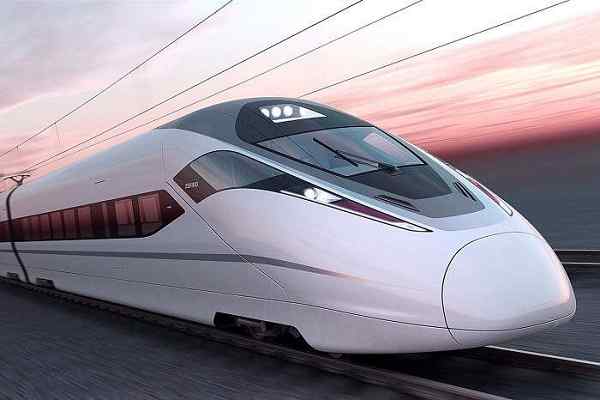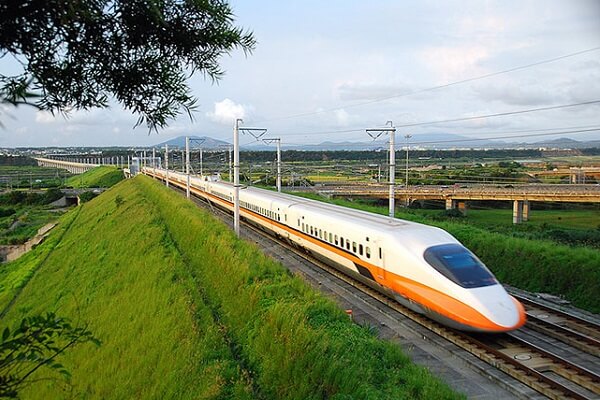New Delhi, India (Metro Rail Today): The Union Ministry of Railways has announced proposed modifications to the Silver Line project in Kerala, aimed at enhancing line capacity utilization and improving integration with the existing Indian Railways network. Railway Minister Ashwini Vaishnaw provided this update in a written reply to the Lok Sabha on 7th February 2025.
Vaishnaw highlighted that the proposed alignment for the Silver Line was running parallel and in close proximity to the Indian Railways lines, leading to "several deficiencies in the Detailed Project Report (DPR)" submitted by the Kerala Rail Development Corporation Limited (KRDCL). These issues have prompted the ministry to recommend revisions for the project.
In a move to facilitate smoother integration with the Indian Railways network, the ministry has called for the adoption of broad gauge in the project. This change is intended to improve the overall efficiency of the line, enabling seamless connectivity with existing rail infrastructure. “The proposed changes are focused on improving line capacity utilization and ensuring better integration with the existing rail network,” Vaishnaw said.
Earlier, the ministry had clarified that the Silver Line project is still awaiting official sanction. A survey by KRDCL, a joint venture between the Kerala government (51%) and the Ministry of Railways (49%), resulted in the submission of the DPR. However, according to the ministry, the report had numerous technical and design deficiencies. The Southern Railway has since advised KRDCL to revise the DPR, incorporating the latest technical standards, including adjustments to the ruling gradient, the installation of Kavach (train protection system), 2×25 kV electrification, and addressing environmental concerns during both construction and operation phases.
Silver Line Project Overview
The Silver Line is a semi-high-speed rail corridor that will span 530 kilometers from Thiruvananthapuram, the southernmost district of Kerala, to Kasaragod, the northernmost district. The project is estimated to cost Rs 63,940.67 crore and will feature 11 stations, including Thiruvananthapuram, Kollam, Chengannur, Kottayam, Ernakulam, Kochi Airport, Thrissur, Tirur, Kozhikode, Kannur, and Kasaragod.
The trains operating on the standard gauge route will consist of nine chair cars, offering both business (2+2 seating) and standard (3+2 seating) classes, with an initial passenger capacity of 675, which can be expanded in the future. These trains will travel at speeds of up to 200 kmph, allowing the 530 km distance to be covered in approximately four hours. The project's maximum design speed is 220 kmph, with structures designed to accommodate speeds of up to 250 kmph.
The proposed adjustments and upgrades to the Silver Line project aim to ensure its long-term operational efficiency, while aligning it more closely with the existing rail infrastructure, ultimately contributing to Kerala's transportation modernization efforts.



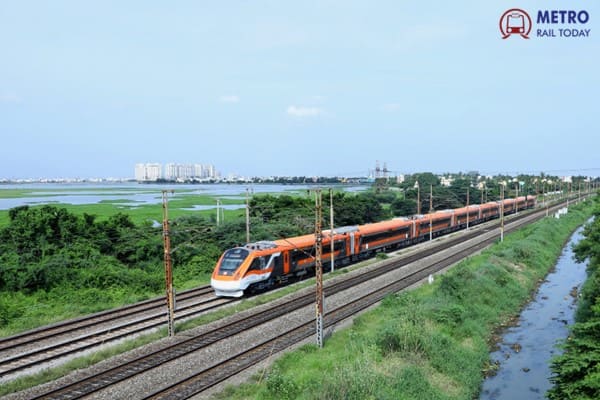 Kineco Group acquires UK-Based TRB Lightweight Structures to bolster Global Rail Interiors Business
Kineco Group acquires UK-Based TRB Lightweight Structures to bolster Global Rail Interiors Business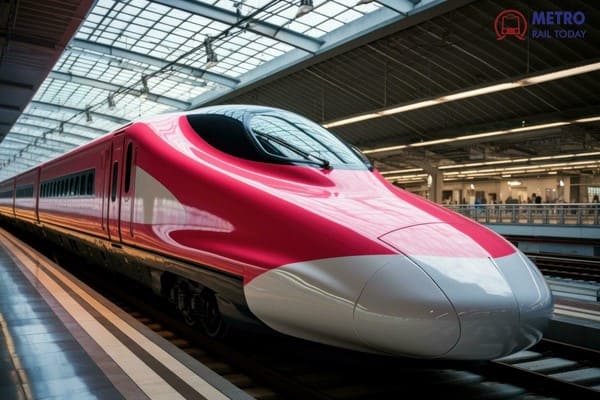 BEML partners with Knorr-Bremse to equip India’s First High-Speed Trains
BEML partners with Knorr-Bremse to equip India’s First High-Speed Trains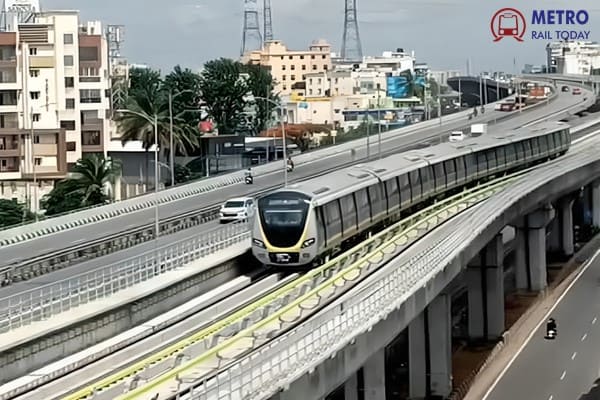 Bangalore Metro likely to procure 6 Additional Trains from BEML to ease Yellow Line congestion
Bangalore Metro likely to procure 6 Additional Trains from BEML to ease Yellow Line congestion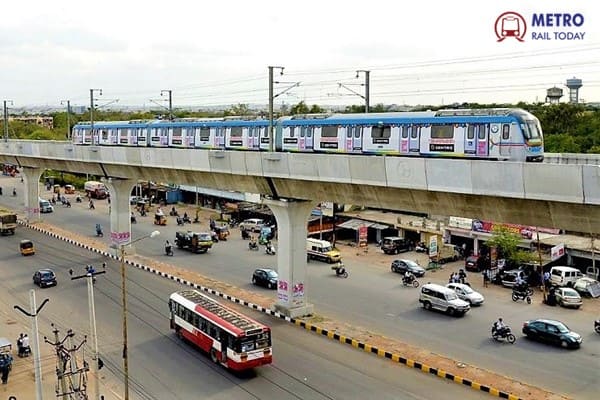 L&T proposes Hyderabad Metro Phase 1 handover to Telangana Govt amid Phase 2 expansion plans
L&T proposes Hyderabad Metro Phase 1 handover to Telangana Govt amid Phase 2 expansion plans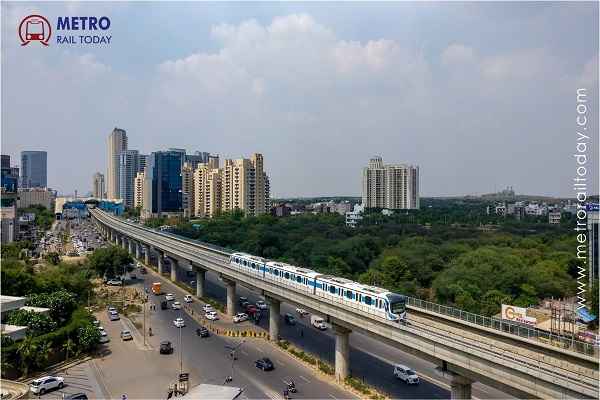 HMRTC to award DPR Contract for Sohna Road and Sheetla Mata Road Metro Corridors in Gurugram
HMRTC to award DPR Contract for Sohna Road and Sheetla Mata Road Metro Corridors in Gurugram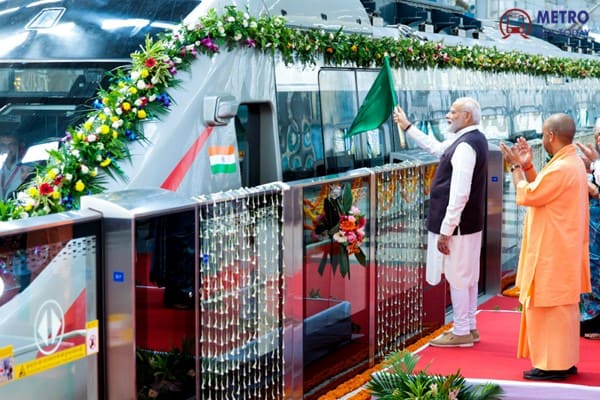 Namo Bharat Transforms NCR Mobility, Puts Uttar Pradesh on Track for High-Speed Growth
Namo Bharat Transforms NCR Mobility, Puts Uttar Pradesh on Track for High-Speed Growth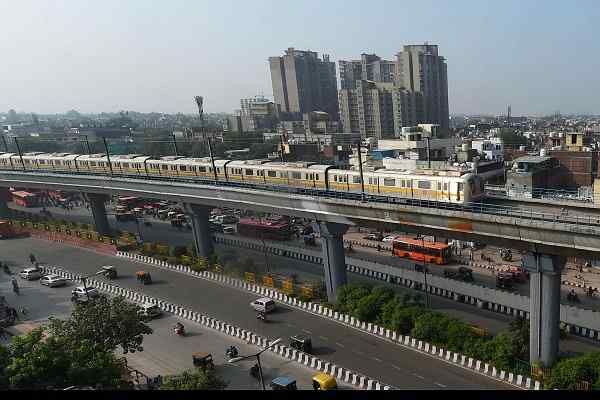 Alstom bags €42 Million, 10-Year Maintenance Contract from Delhi Metro Rail Corporation
Alstom bags €42 Million, 10-Year Maintenance Contract from Delhi Metro Rail Corporation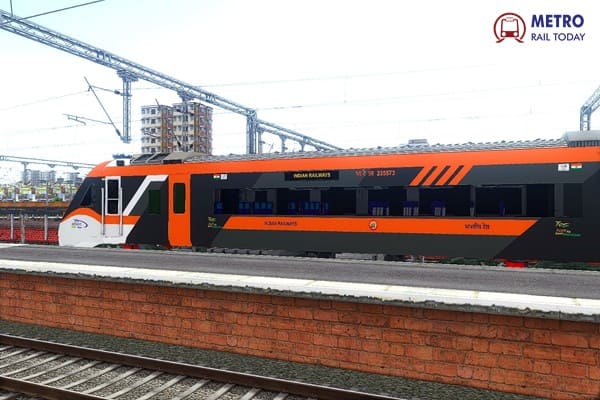 MRVC floats ₹21,000 crore Tender for 2,856 Vande Metro Suburban Coaches for Mumbai Region
MRVC floats ₹21,000 crore Tender for 2,856 Vande Metro Suburban Coaches for Mumbai Region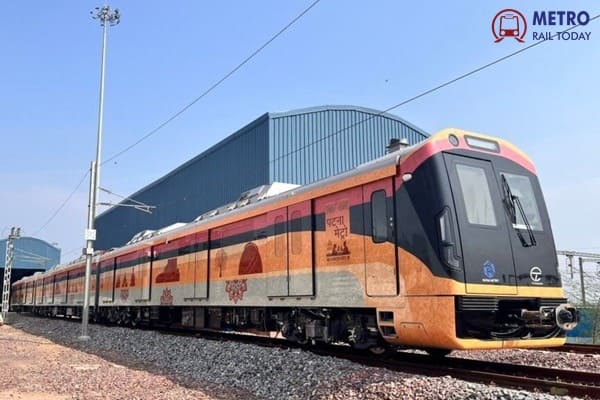 Patna Metro completes First Trial Run on Line 2, Public launch expected soon
Patna Metro completes First Trial Run on Line 2, Public launch expected soon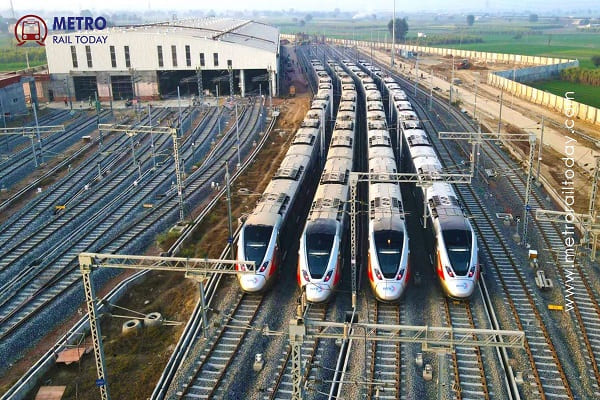 NCRTC floats Tender for 110 MW Solar Power Plant to meet Namo Bharat Corridor's Green Energy goals
NCRTC floats Tender for 110 MW Solar Power Plant to meet Namo Bharat Corridor's Green Energy goals